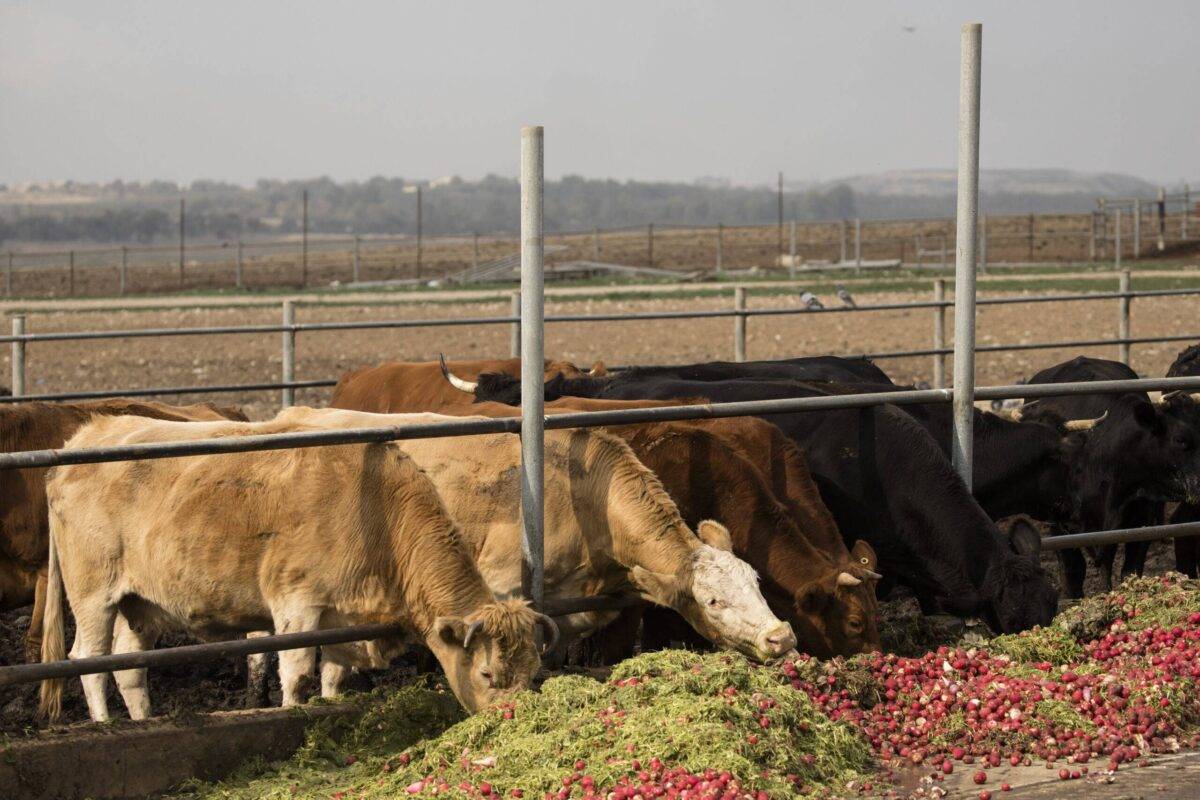In an abandoned kibbutz within Israel’s evacuation zone near the Lebanese border, Lior Shelef remains as a reservist in a protection force, overseeing the care of cows and chickens amidst the encroaching Hezbollah rockets, as reported by Reuters.
The chicken coops suffered damage from a rocket strike, causing distress among the animals due to the frequent explosions in the vicinity.
The uncertainty looms as Shelef expresses, “We are uncertain about the forthcoming days, unsure if the situation will deteriorate or improve.”
With over 2,000 rockets launched from Lebanon into northern Israel following the conflict in Gaza, where Hezbollah backed Hamas with attacks, the region has witnessed the evacuation of approximately 100,000 Israelis and tens of thousands of Lebanese residents.
The forced exodus has transformed once-thriving farming communities like Kibbutz Snir into desolate areas. The disruption in supplies due to the ongoing attacks has impeded the smooth operation of farms, posing challenges for the remaining staff.
Israel’s Ministry of Agriculture and Rural Development highlighted that the northern region, encompassing a significant portion of the country’s agricultural land, particularly the Galilee and Golan regions, contributes to about 73% of domestic egg production.
In parallel, parts of southern Israel near the Gaza Strip have also faced evacuations post the incursion by Hamas fighters, resulting in damages to greenhouses and dairy farms, impacting the agricultural sector—a cornerstone of the nation’s heritage.
Amidst the turmoil, Devora Evgi, evacuated from the farming community of Avivim, emphasized the risks faced by those maintaining the chicken coops in the border area. The constant threat from Hezbollah surveillance underscores the perilous conditions they operate under.
The future of these communities hinges on reinstating security measures, as highlighted by Evgi, who stresses the need for livelihood opportunities and safety to sustain their way of life.
Israel’s agricultural prowess, renowned for technological advancements enhancing crop yields in arid regions, faces setbacks due to the ongoing conflicts. The evacuation of Kiryat Shmona, a burgeoning food technology hub near the Lebanese border, has led to the relocation of companies, disrupting the once-thriving ecosystem.
The desolation in Kiryat Shmona, evident through closed establishments and military patrols in the evacuated city, paints a grim picture of the aftermath. Despite the physical vacuity, efforts to sustain agricultural innovation continue, albeit from dispersed locations across Israel.
The void left by the deserted offices and abandoned research facilities underscores the profound impact of the evacuations on the once-vibrant community, lamented by Tammy Meiron, the Chief Technology Officer of Fresh Start, a pioneering agriculture tech investment firm.
As Meiron reflects on the emptiness that pervades the city, once teeming with youthful energy and innovation, the neglect of these establishments stands as a poignant symbol of the toll exacted by the ongoing conflicts on the region’s economic and agricultural landscape.
